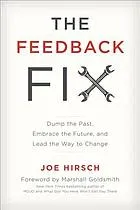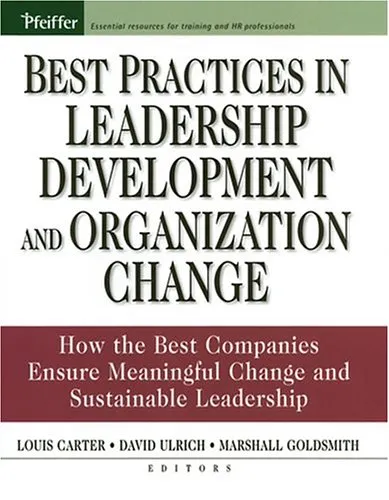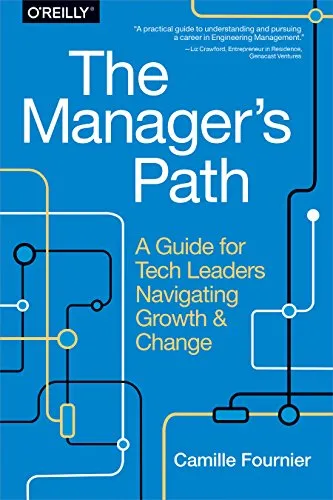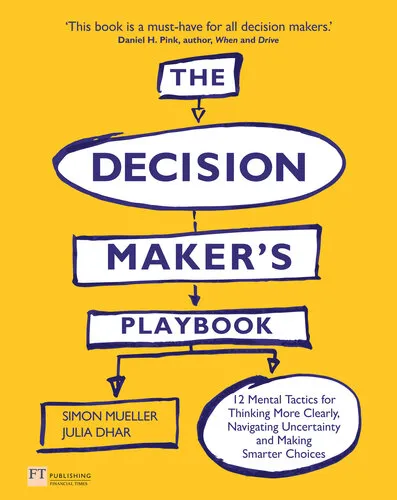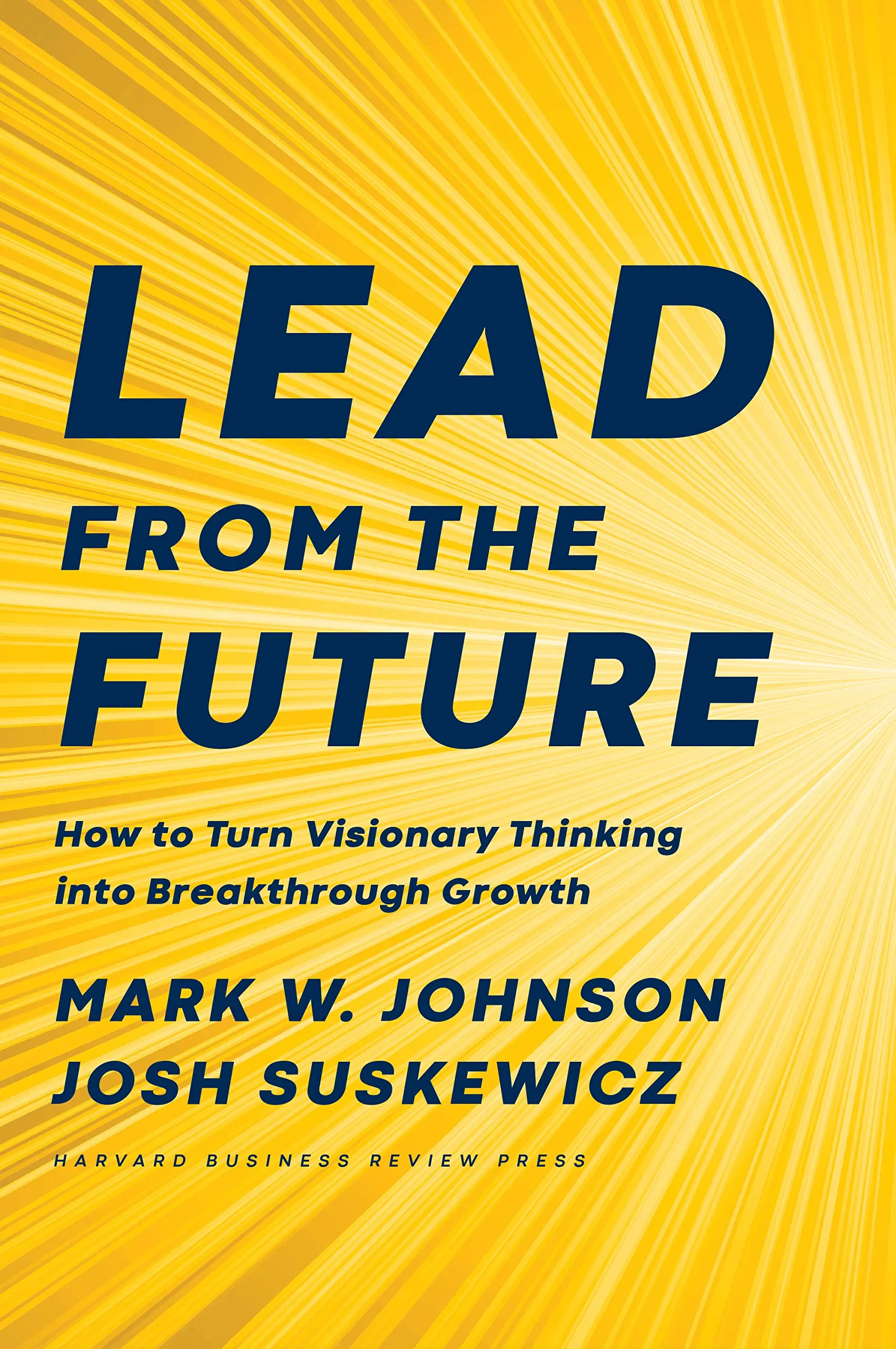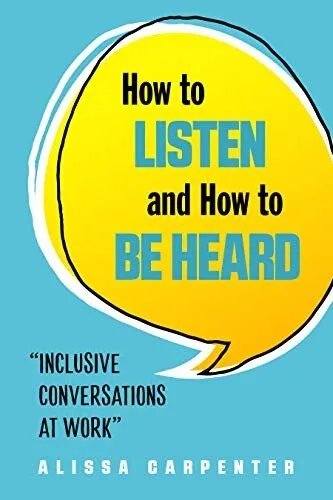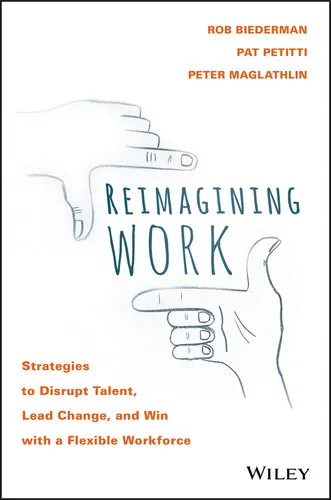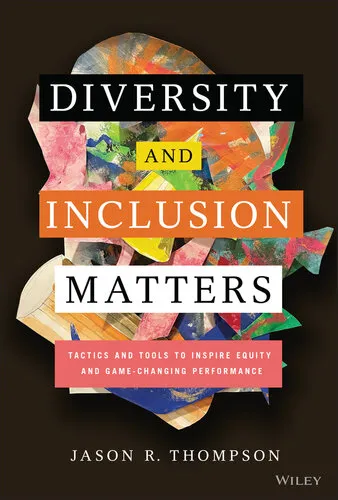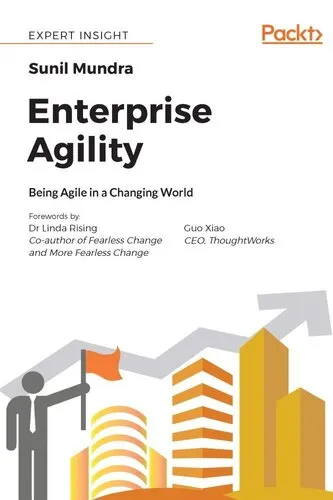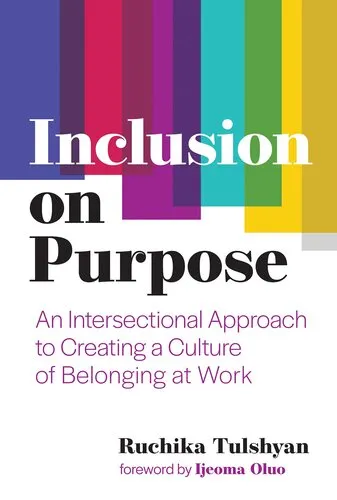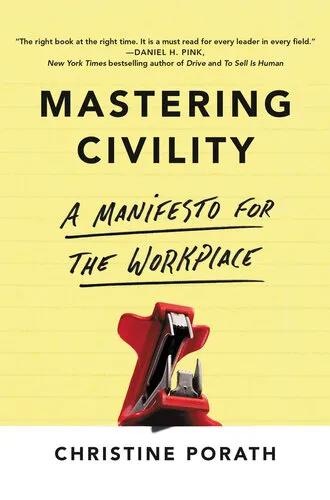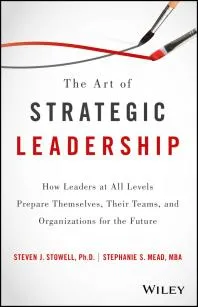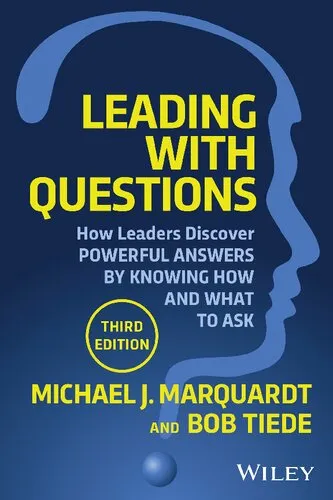The feedback fix : dump the past, embrace the future, and lead the way to change
4.6
Reviews from our users

You Can Ask your questions from this book's AI after Login
Each download or ask from book AI costs 2 points. To earn more free points, please visit the Points Guide Page and complete some valuable actions.Related Refrences:
Introduction to "The Feedback Fix: Dump the Past, Embrace the Future, and Lead the Way to Change"
In an era where feedback often feels like a stale performance review or an afterthought, The Feedback Fix takes a fresh approach to rethinking how we give, receive, and act upon feedback in our personal and professional lives. This book isn't just about changing the way feedback is delivered; it's about changing its very nature—transforming it into a tool for growth and positive change rather than a critique of the past. By shifting away from outdated feedback practices and embracing forward-looking methods, we can spark meaningful transformation and foster stronger communication.
Through this book, I aim to equip readers with the mindset and tools necessary to break free of the conventional feedback loop. This isn’t about rehashing tired management techniques or corporate jargon. Instead, it’s about creating clear, actionable, and reinforcing conversations that inspire others to excel. Whether you're a leader, educator, or team member, this book will help you leverage feedback to unlock potential and pave the way for possibilities.
A Detailed Summary of the Book
The core premise of The Feedback Fix rests on pivoting from backward-looking conversations to ones that are focused on the future. Traditional feedback has often revolved around pointing out faults, tracking shortcomings, and dwelling on past mistakes—a process that tends to demotivate rather than empower individuals. This book introduces the concept of "feedforward," a transformative method that emphasizes strength-based communication while highlighting opportunities for future improvement.
The book outlines six strategies to overhaul the feedback process, making it a more engaging and constructive tool. These include cultivating a culture of trust, adopting a growth-focused language, and tailoring communication to individual needs. Readers are guided through examples, techniques, and actionable frameworks designed to replace judgment with curiosity. Instead of fixating on what went wrong, The Feedback Fix pivots to answering a simple yet powerful question: "What’s possible?"
Whether you're addressing an underperforming employee, evaluating a peer, or having a candid conversation with a manager, the tactics shared in the book foster connection and collaboration. The end goal is to craft conversations that create clarity, promote improvement, and unleash potential.
Key Takeaways
- Feedback should inspire action and change, not breed defensiveness or fear.
- The "feedforward" approach focuses on growth areas and future possibilities instead of dwelling on past failures.
- Building a culture of trust and psychological safety is essential to effective feedback.
- Feedback must be personalized, forward-focused, and compassionate to drive meaningful improvement.
- Small, ongoing conversations are more impactful than one-time annual reviews or rigid performance evaluations.
Famous Quotes from the Book
"What if feedback wasn’t just about fixing what’s broken but also about fueling what’s possible?"
"We don’t fear feedback because it’s feedback. We fear it because it often fails to inspire or improve us."
"Feedback is not the end of something; it’s the start of something better."
Why This Book Matters
In fast-changing, high-stakes environments, feedback has the power to drive innovation, build stronger teams, and create a lasting legacy of growth. Yet, so much of modern feedback culture is rooted in outdated practices that stifle creativity and hinder progress. The Feedback Fix matters because it challenges the norms and offers a radically new way to rethink feedback as a forward-facing, empowering dialogue.
Beyond the workplace, the principles in the book extend to personal relationships, education settings, and communities that thrive on collaboration. By embracing the feedforward method, we can foster trust, empathy, and empowerment in all aspects of life, making feedback not just a tool but a catalyst for progress.
Ultimately, this book matters because it redefines feedback as a process not of critique, but of transformation.
Free Direct Download
You Can Download this book after Login
Accessing books through legal platforms and public libraries not only supports the rights of authors and publishers but also contributes to the sustainability of reading culture. Before downloading, please take a moment to consider these options.
Find this book on other platforms:
WorldCat helps you find books in libraries worldwide.
See ratings, reviews, and discussions on Goodreads.
Find and buy rare or used books on AbeBooks.
1330
بازدید4.6
امتیاز0
نظر98%
رضایتReviews:
4.6
Based on 0 users review
Questions & Answers
Ask questions about this book or help others by answering
No questions yet. Be the first to ask!
